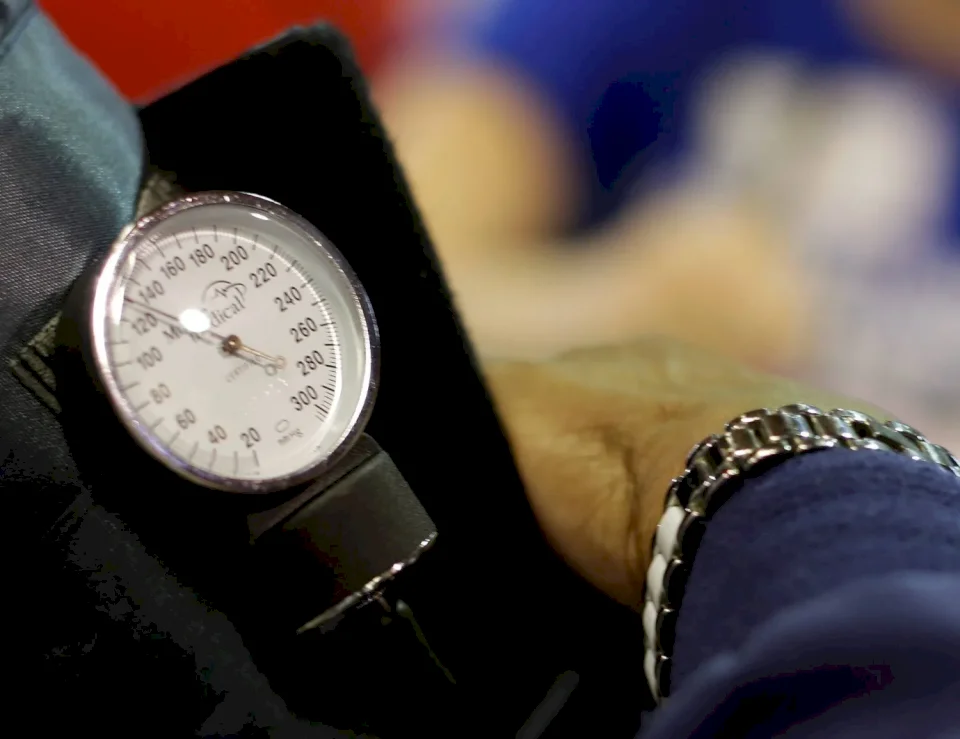
Blood Pressure and Blood Sugar: What is the Relationship Between Them? And Why Are We Affected by High Levels of Both?
SadaNews - Despite the differences between high blood pressure and high blood sugar, they are closely related and often share similar risk factors (which increase the likelihood of developing them); such as obesity, poor nutrition, lack of activity, and family history. According to what was mentioned by the "Verywell Health" website, having one of them may increase the risk of developing the other, so it's important to monitor both if you are at risk.
Comparison Between Blood Pressure and Blood Sugar
First: Blood Pressure:
What is it? The force of blood against the walls of blood vessels while the heart pumps it.
Causes of High Blood Pressure: Blood flowing through the arteries at pressures higher than normal.
Health Risks: Heart disease, stroke, and other heart problems.
Fluctuating Factors: Stress, physical activity, medications, and underlying health conditions.
Second: Blood Sugar:
What is it? The primary source of energy in the body, resulting from the metabolic process of food.
Causes of High Blood Sugar: A deficiency of insulin or insulin resistance.
Health Risks: Diabetes, nerve damage, kidney issues, and other conditions.
Fluctuating Factors: Diet, medications, lifestyle, and other conditions.
How Does High Blood Pressure Affect Blood Sugar?
Insulin resistance is a common cause of elevated blood glucose levels. This occurs when the body does not respond effectively to the produced insulin, leading to excessively high blood sugar (glucose) levels. Insulin resistance can lead to the development of type 2 diabetes.
According to studies, those with high blood pressure often show signs of insulin resistance. They are more likely to develop diabetes compared to those with normal blood pressure.
Does High Blood Sugar Cause High Blood Pressure?
Elevated blood sugar levels in diabetic patients can damage blood vessels, making them narrower and more rigid, which leads to high blood pressure. It can also cause kidney damage, which plays an important role in regulating blood pressure, potentially contributing to high blood pressure. Diabetics are twice as likely to suffer from high blood pressure compared to non-diabetics.
Common Risk Factors
High blood pressure and high blood sugar share some risk factors, including: obesity, inflammation, a sedentary lifestyle, stress, diet, eating habits, smoking, alcohol consumption, and family medical history.
Prevention Methods
It is essential to reduce risk factors by changing your lifestyle and other habits that may contribute to high blood pressure or blood sugar levels. This includes: quitting smoking, following a balanced diet, maintaining a healthy weight, and exercising regularly.

Scientists Attempt to "Intercept Cancer" Before Its Formation.. Know the Details

American Fact-Checking Platform Exposes Trump's Exaggerations in State of the Union Addres...

How Mourinho Deceived Everyone and Watched the Match Between Real Madrid and Benfica from...

Fat Loss Improves Blood Pressure and Supports Immunity

Galaxy S26 Armed with a Smart Feature to Combat the Most Dangerous Threats to Smartphones

Discovery of Microplastic Particles in 90% of Prostate Cancer Cases

Artificial Intelligence Diagnoses Children's Brain Tumors with 92% Accuracy Without Surger...

